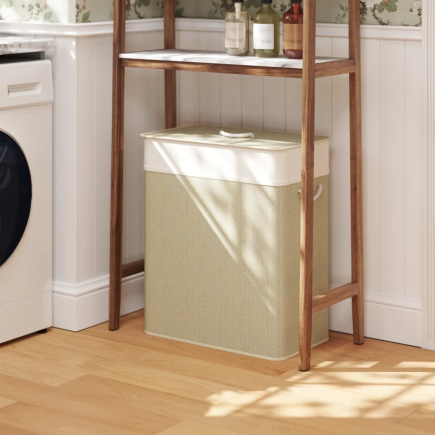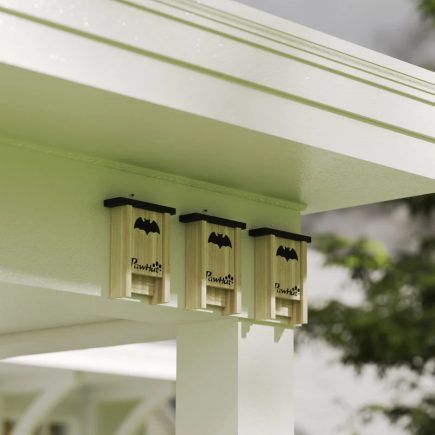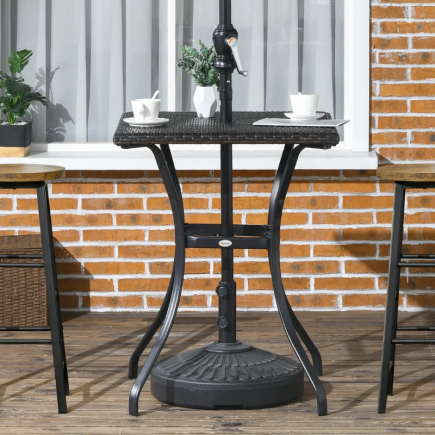Ants in your garden bed might seem harmless at first. They help with aerating the soil, control other pests, and even pollinate your plants. However, if left unchecked, some species can damage your plants by farming aphids or disturbing plant roots. Fortunately, there are several methods you can use to control ants in your raised garden bed without harming your plants or the environment.

Step 1: The Role of Ants in the Garden

Before we dive into solutions, let’s first take a look at why ants are in your garden to begin with. While most people think of ants as pests, they actually play a beneficial role in the garden ecosystem. They help with:
- Soil Aeration: Ants dig tunnels and burrows in the soil, which helps improve drainage and promotes healthy root growth.
- Pest Control: Ants hunt down pests like termites, larvae, and other insects that could harm your plants.
- Pollination: While not as effective as bees, some ant species help in pollinating flowers.
Despite these benefits, ants can become problematic, especially when they create large colonies or begin farming aphids. They form a symbiotic relationship with aphids, protecting them in exchange for the honeydew aphids produce. Unfortunately, aphids damage plants by sucking out the sap, weakening the plant and making it more susceptible to diseases.
Step 2: Identifying the Ant Species in Your Garden
Identifying the type of ant infestation in your garden is crucial before you proceed with any treatment. Different species require different control methods. Here are the most common types of ants you might encounter:

1. Black Ants
Black ants are the most common type found in gardens. They’re generally harmless and can even help control other pests. However, if they’re farming aphids, they can cause damage to your plants.
2. Carpenter Ants
Carpenter ants are larger ants that nest in wood. They can cause damage to wooden structures, including the wood in your raised garden bed. While they don’t typically damage plants directly, they should be dealt with quickly to prevent structural damage.
3. Fire Ants
Fire ants are notorious for their painful stings and aggressive behavior. They create large mounds and can harm both plants and humans. If you find fire ants in your garden, it’s important to deal with them quickly, as their colonies can spread quickly.
Why Identifying the Species Matters
Knowing what kind of ants you’re dealing with will help you choose the most effective method for control. For example, while black ants are usually harmless and may just need some natural repellents, fire ants may require more serious intervention, such as professional pest control.
Step 3: Eco-Friendly Solutions for Ant Control
Now that you understand the role ants play in your garden and how to identify them, it’s time to take action. Let’s explore several eco-friendly solutions to get rid of ants in your raised garden bed.
1. Boiling Water Treatment
One of the simplest ways to deal with ants is to pour boiling water directly onto their nests. This is especially effective if you’ve found a large colony of ants.
- How to Do It: Boil a pot of water and carefully pour it directly into the ant mound. Be careful not to splash the hot water on your plants, as it can cause damage.
- Why It Works: The boiling water kills the ants by destroying their nests and killing the queen.

2. Diatomaceous Earth (DE)
Diatomaceous earth is a natural powder made from the fossilized remains of marine organisms. It works by causing dehydration in ants, eventually killing them. The best part? It’s completely safe for plants, pets, and humans.
- How to Use It: Sprinkle DE around the base of your plants and on top of ant nests. Reapply after watering or rain.
- Why It Works: DE works mechanically by damaging the exoskeleton of ants, causing them to dehydrate and die.

Step 4: Household Solutions to Keep Ants Away

If you prefer to use items you already have at home, there are several household solutions that work just as well as store-bought products. Let’s take a look at a few common household items that can help repel ants.
1. Vinegar and Water Solution
Vinegar is one of the most effective and affordable ant repellents. It disrupts the ants’ scent trails, causing confusion and forcing them to abandon their path.
- How to Use It: Mix equal parts white vinegar and water in a spray bottle. Spray the solution on ant trails and around the perimeter of your garden bed.
- Why It Works: Vinegar eliminates the pheromone trails ants use to communicate with each other, causing them to scatter and find a new path.
2. Orange Peels
Citrus is another natural deterrent for ants. The strong smell of orange peels irritates ants and keeps them away from your garden.
- How to Use It: Simply place fresh orange peels around your garden bed to keep ants at bay.
- Why It Works: Ants dislike the citrus smell, and the peels also add some organic matter to your garden.
Step 5: Chemical-Free Ant Baits

While natural solutions are often effective, sometimes you might need to go the extra mile and use chemical-free ant baits. Borax and sugar are a popular combination to create a homemade ant bait.
How to Make It
- Mix 1 tablespoon of borax with 3 tablespoons of sugar and 1 cup of warm water.
- Soak cotton balls in the mixture and place them near ant trails.
- Why It Works: The sugar attracts the ants, and once they ingest the borax, it kills them. This method is best for black ants and smaller colonies.
Tip: Be sure to keep these baits out of reach of pets and children, as borax can be toxic if ingested in large amounts.
Step 6: Essential Oils to Repel Ants

Essential oils can be incredibly effective for repelling ants in a non-toxic way. Peppermint, tea tree, and eucalyptus oils are some of the best options for keeping ants away.
DIY Essential Oil Spray
- Mix 10-15 drops of essential oil with 2 cups of water in a spray bottle.
- Spray the solution around ant nests or trails.
- Why It Works: Ants are repelled by the strong scents of essential oils, and these oils can also be used to treat other pests in your garden.
Step 7: Preventing Ants from Returning

Now that you’ve dealt with the immediate infestation, it’s important to take steps to prevent ants from returning. Here are a few strategies to ensure your garden stays ant-free:
1. Regular Soil Checks
Checking your garden regularly for new ant nests is key to preventing another infestation. Early detection will help you manage the problem before it escalates.
2. Control Aphids
Since ants are attracted to aphids, it’s important to manage aphid populations in your garden. You can introduce natural predators like ladybugs or use neem oil to control aphids.
3. Use Natural Barriers
Certain plants can naturally repel ants. Mint, lavender, and marigolds are great examples. Planting these around the perimeter of your raised garden bed can help create a barrier that ants won’t cross.
FAQs
1. Can vinegar harm my plants?
Vinegar can harm plants if it directly touches them. It’s best to use vinegar solutions around the perimeter of your garden bed and avoid spraying it directly on your plants.
2. What should I do if boiling water damages my plants?
If boiling water damages your plants, try using less invasive methods like diatomaceous earth or essential oils to control ants without harming your plants.
3. Are chemical ant baits safe for my raised garden bed?
While chemical ant baits are effective, they should be used carefully and placed away from edible plants. Borax-based baits are a safer, non-toxic option for controlling ants in your garden.

























